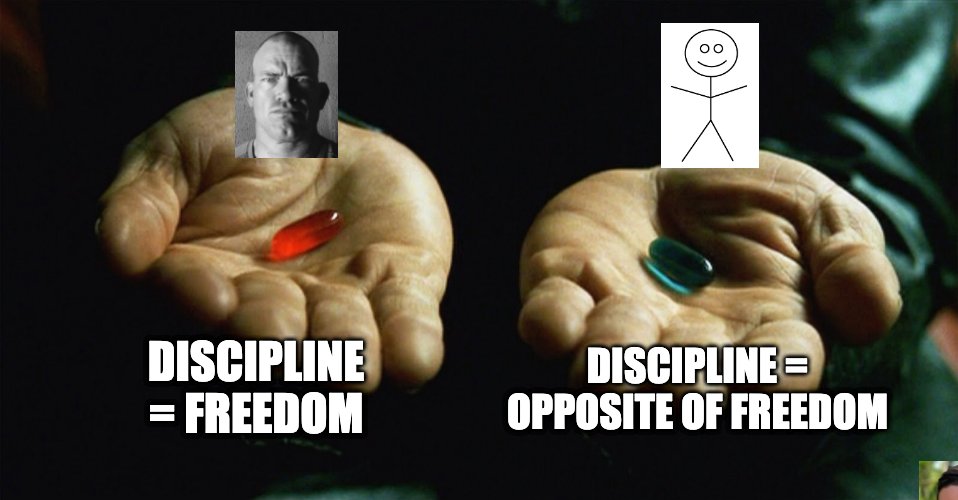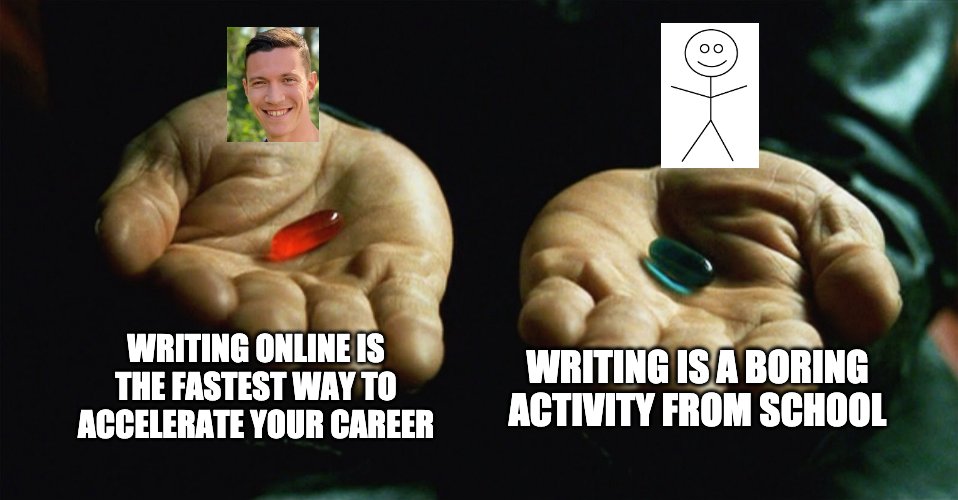It finally came to a point where I felt an irresistible urge to join the program. And I remember I was on the landing page 10 minutes before the program closed.
1/ One of the best things I did in 2020 was to join a growth marketing program called @growclass
I’d seen it hover around online, I saw some friends talking about it. But I thought, wow, that looks great but it’s too expensive for me at the moment.
[continue thread ...]
It finally came to a point where I felt an irresistible urge to join the program. And I remember I was on the landing page 10 minutes before the program closed.
I was inspired by others to raise my prices significantly. Now my prices are triple what they were when I first started (and waaaay undercharging).
But the copywriting and website tear downs have made a big change for me.
It inspired me to build better resources for my programs.
As a solo founder, it’s extremely lonely, whether you’re seeing wins or struggles.
Not too many people in my life really “get it”
In my second, I had 10 students paying $400-525 each.
Today I’m about to close my next cohort starting on Saturday January 9th with 10 students paying $650-750 each.
Largely due to my shift in language and copywriting and how I talk about my programs (which is language I now use on my sales calls too).
You won’t regret it!
Feel free to DM me for any more info!
https://t.co/6eICrvoQcE
More from Marketing
1. 10 Marketing Lessons From Steve Jobs That Every Marketer Must Know
10 Marketing Lessons From Steve Jobs That Every Marketer Must Know \U0001f9f5
— Alex Garcia \U0001f50d (@alexgarcia_atx) March 18, 2021
2. The Ad Campaign That Changed Advertising Forever
Volkswagen's "Think Small\u201d campaign quickly went from a head-scratcher to one that would change advertising forever.
— Alex Garcia \U0001f50d (@alexgarcia_atx) March 19, 2021
It took a small foreign object, crafted by Hitler, to America\u2019s most popular automobile.
By 1972, the VW Beetle became the best-selling car.
Here's the story \U0001f9f5 pic.twitter.com/Hu2s7zAJ3m
3. How Absolut Vodka Went From 2% Market Share to 50% With One Ad Campaign
Absolut Vodka launched a print ad campaign in 1981 that was so successful, they ran it for the next 25 years.
— Alex Garcia \U0001f50d (@alexgarcia_atx) March 20, 2021
By the end of it, Absolut Vodka went from a 2.5% market share to over 50%.
These 5 reasons made Absolute Vodka a global phenomenon \U0001f9f5 pic.twitter.com/vPblbvtNsx
4. Why Jeff Bezos named his online bookstore,
Amazon wasn't always Amazon.
— Alex Garcia \U0001f50d (@alexgarcia_atx) March 22, 2021
Jeff Bezos originally had trouble finding the right word to name the now trillion-dollar empire.
A few registered domains, a dictionary, and an interesting comparison made Amazon the perfect name.
Here's the quick backstory behind it \U0001f9f5 pic.twitter.com/trTKUMGQCR
A few years back my team built an app called Blab. It was like clubhouse before clubhouse.
Christie Smythe covered white-collar crime for Bloomberg News and lived "the perfect little Brooklyn life" with her husband. Then she threw it all away for one of her sources: infamous pharma bro Martin Shkreli. https://t.co/Xk0zXmYkgF
— ELLE Magazine (US) (@ELLEmagazine) December 20, 2020
When he first joined the app I had no idea who he was. I just saw that his live streams instantly had 3-4K viewers. More than anyone on our tiny platform.
I googled him and it came up: “Martin Shkreli, most hated man in America”
I assumed he was bad news
And he was... but also he wasn’t.
He was a douchebag, but he was in on the joke. He was a dick, but he was also very entertaining.
In the mornings he would live stream himself analyzing stocks or walking through drug discovery pathways.
In the afternoon he’d let people call in and debate him live on air. A CNN reporter tried to get him to go on TV, he refused, and said debate me here on Blab, no edits, no tv time limits.
At night he’d host late night convos - and eventually fall asleep on cam
The guy was a pain in the ass but man he drove traffic.
We had big celebs like Tony Robbins, the Jonas brothers etc... he outperformed them all.
At one point he was bringing in 100k users per month directly to his channel. And Bc he was so entertaining, they stuck.
You May Also Like
If everyone was holding bitcoin on the old x86 in their parents basement, we would be finding a price bottom. The problem is the risk is all pooled at a few brokerages and a network of rotten exchanges with counter party risk that makes AIG circa 2008 look like a good credit.
— Greg Wester (@gwestr) November 25, 2018
The benign product is sovereign programmable money, which is historically a niche interest of folks with a relatively clustered set of beliefs about the state, the literary merit of Snow Crash, and the utility of gold to the modern economy.
This product has narrow appeal and, accordingly, is worth about as much as everything else on a 486 sitting in someone's basement is worth.
The other product is investment scams, which have approximately the best product market fit of anything produced by humans. In no age, in no country, in no city, at no level of sophistication do people consistently say "Actually I would prefer not to get money for nothing."
This product needs the exchanges like they need oxygen, because the value of it is directly tied to having payment rails to move real currency into the ecosystem and some jurisdictional and regulatory legerdemain to stay one step ahead of the banhammer.
As a dean of a major academic institution, I could not have said this. But I will now. Requiring such statements in applications for appointments and promotions is an affront to academic freedom, and diminishes the true value of diversity, equity of inclusion by trivializing it. https://t.co/NfcI5VLODi
— Jeffrey Flier (@jflier) November 10, 2018
We know that elite institutions like the one Flier was in (partial) charge of rely on irrelevant status markers like private school education, whiteness, legacy, and ability to charm an old white guy at an interview.
Harvard's discriminatory policies are becoming increasingly well known, across the political spectrum (see, e.g., the recent lawsuit on discrimination against East Asian applications.)
It's refreshing to hear a senior administrator admits to personally opposing policies that attempt to remedy these basic flaws. These are flaws that harm his institution's ability to do cutting-edge research and to serve the public.
Harvard is being eclipsed by institutions that have different ideas about how to run a 21st Century institution. Stanford, for one; the UC system; the "public Ivys".
















